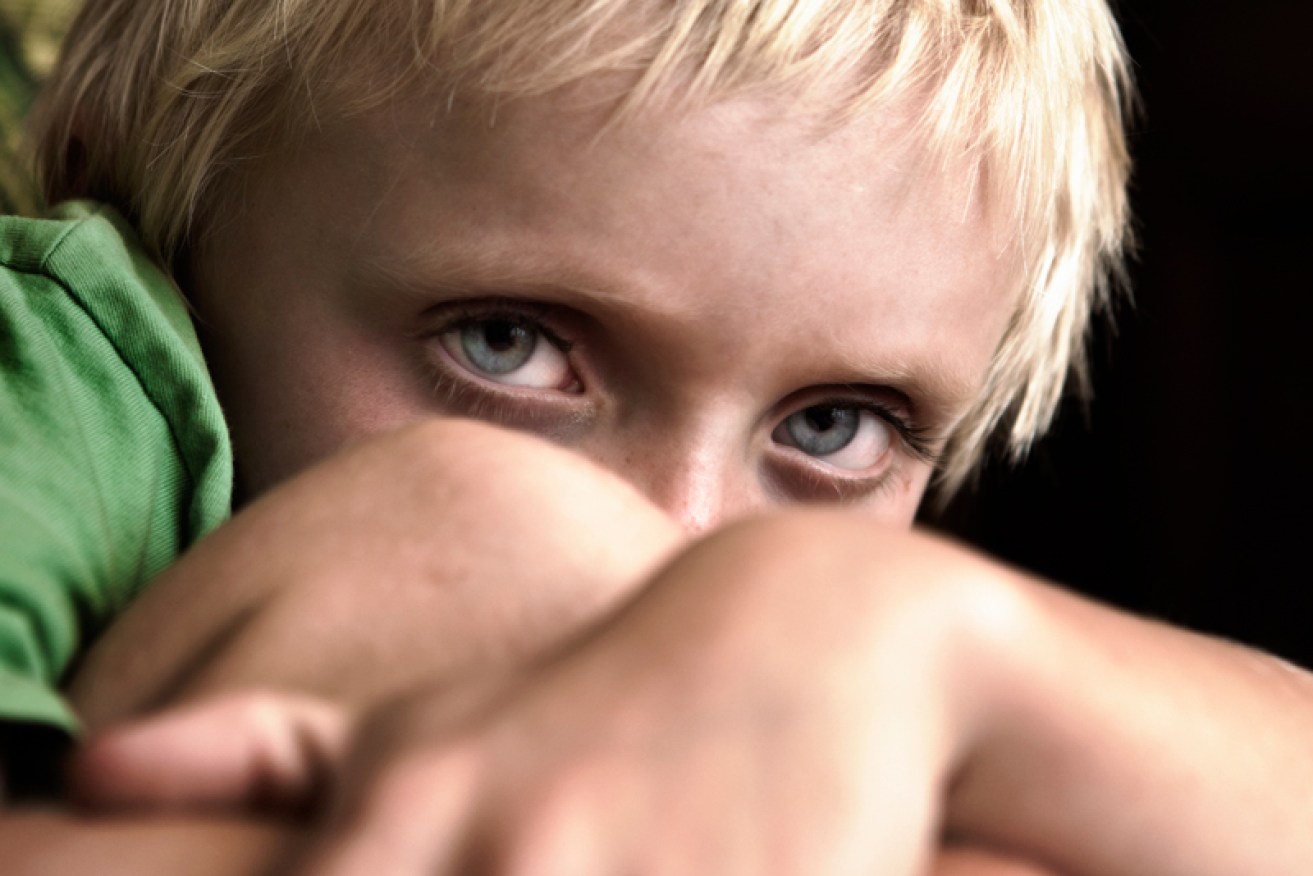Parents warned to be ‘cautious’ of Ritalin


Getty
Doctors and parents need to be more cautious about a controversial ADHD drug commonly prescribed for children, according to new research.
In a review article published last week by The Cochrane Library, scientists questioned the efficacy of the drug methylphenidate, which is largely marketed as Ritalin and has been used to treat ADHD in children and teenagers for more than 50 years.
ADHD (Attention Deficit Hyperactivity Disorder) is a developmental disorder characterised by inattention, severe impulsive behaviour and extreme hyperactivity and is primarily diagnosed in children, with symptoms often persisting into adolescence and adulthood. It is the most common mental health disorder in children that affects about 7.4 per cent of 4-17 year olds, the Australian Child and Adolescent Survey of Mental Health reported.
• Drinking green tea could save your life
• The morning routines of healthy people
• Diet soft drinks are bad for you

Ritalin is widely prescribed to children with ADHD. Photo: Getty
Lead author Professor Ole Jakob Storebø, a clinical psychologist from the Psychiatric Research Unit in Region Zealand, Denmark, said the findings raised doubts not only about current understanding of the drug’s side effects, but also about the quality of research itself.
“This review highlights the need for long-term, large, better quality randomised trials so that we can determine the average effect of this drug more reliably,” Professor Storebø said in a statement.
The researchers analysed data from 185 randomised controlled trials that involved more than 12,000 participants and found that despite methylphenidate leading to improvements in ADHD symptoms and greater quality of life, children were more likely to experience insomnia and loss of appetite while taking the drug.
Associate Professor Alasdair Vance, a leading child psychiatrist from the Royal Children’s Hospital in Melbourne, argues that “psycho-social interventions”, not medications, need to be the first line of attack.
“I believe that one needs to be always cautious and careful in the use of any medications in children,” Associate Professor Vance told The New Daily.
“A conventional, conservative approach to treating mild ADHD is to start with psycho-social interventions: care and management training, social skills training, impulse control training, and others, as a first line,” he said.
“If those psychological and social treatments fail to help the child, often within a three-month period … then you would move to the stimulant medications.”
Methylphenidate is a stimulant that works by increasing levels of dopamine and noradrenalin in the brain, which are neurotransmitters associated with pleasure and the reward system, movement control, and attention.

Unmedicated ADHD can impact negatively in a child’s learning. Photo: Getty
A recent study published in The Journal of Neuroscience showed that dopamine played an important role in the interactions between brain regions known as the frontoparietal control network, default mode network and dorsal attention network, which are crucial for attentional processing.
“This is a medication that alters dopamine and noradrenalin functional balance in the central nervous system … [and] seems to aid many of the inhibitory mechanisms in the brain so that task persistence, information processing, response regulation, and indeed regulation of mood is better in the ADHD sufferer,” Associate Professor Vance said.
However, a child psychiatrist from the University of Adelaide has gone one step further and says medication should be seen as “a last resort”.
“Drug treatments are a treatment of last resort … I think the idea that there is a [single] treatment for ADHD is quite misguided,” Dr Jon Jureidini told The New Daily.
Dr Jureidini echoes the review authors’ message that doctors and parents should not abruptly stop drug treatment in children, as it can lead to severe withdrawal effects.
“[Parents] shouldn’t panic and stop medication without medical advice, it’s always a bad idea just to abruptly stop medication like this,” he said.
“They should be skeptical, not cynical.”
As with the treatment of any neurological developmental disorder, medication works best when it is paired with psychological, social and behavioural training.
Associate Professor Vance argues that a successful treatment combination, where medication is provided in conjunction with social skills training, healthy sleeping behaviour, adequate exercise and even animal-assisted therapy, are often the most successful.
“The whole point … is to help the child learn, be more adaptive, better manage their impairment, increase their resilience, and increase their ability to protect themselves from any future episodes where they become unwell.”









